Premium Only Content
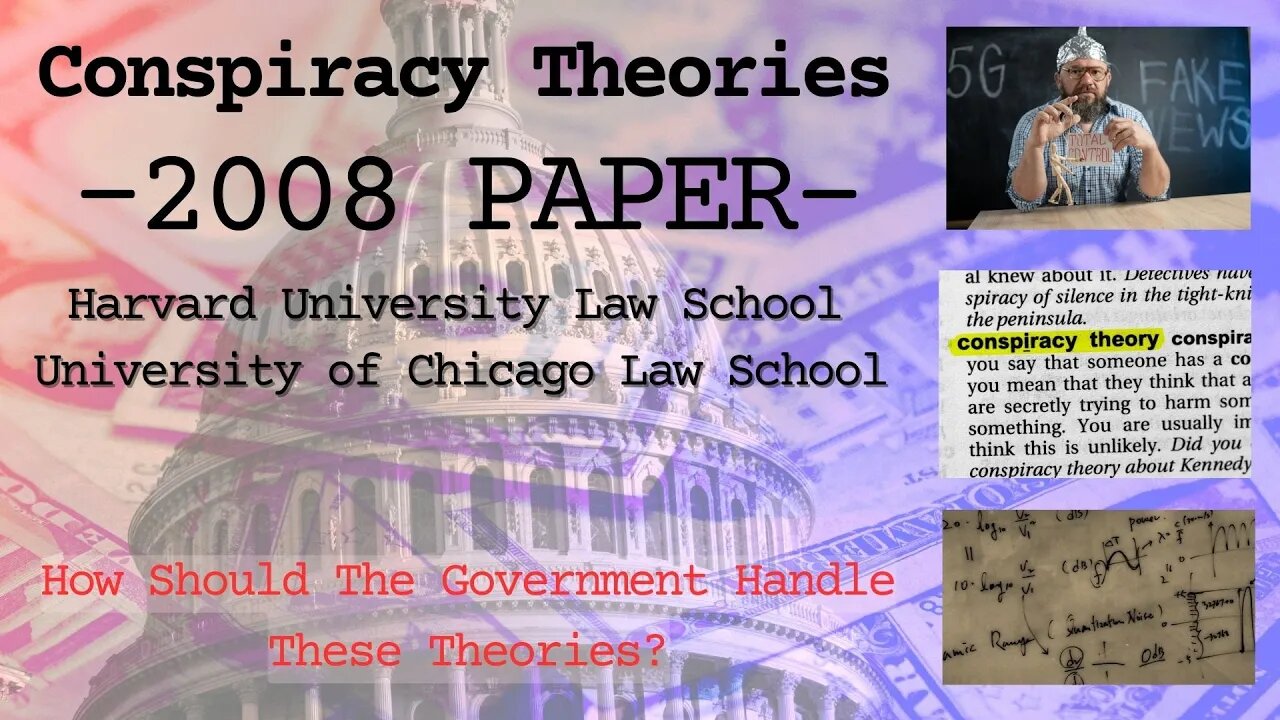
Conspiracy Theories 2008 Paper, Harvard and Chicago University. Cass Sunstein prior to Nudge.
This is not a STRAIGHT Narration. It's more of a review and discussion around the full paper. It's part of an old feed called Interrupting Essays.
Harvard University Law School
Public Law & Legal Theory Research Paper Series
University of Chicago Law School
Public Law & Legal Theory Research Paper Series Paper No. 199
~and~
University of Chicago Law School
Law & Economics Research Paper Series
Paper No. 387
Conspiracy Theories
CASS R. SUNSTEIN
University of Chicago - Law School
ADRIAN VERMEULE
Harvard University - Harvard Law School
Abstract
Many millions of people hold conspiracy theories; they believe that powerful people have worked together in order to withhold the truth about some important practice or some terrible event. A recent example is the belief, widespread in some parts of the world, that the attacks of 9/11 were carried out not by Al Qaeda, but by Israel or the United States. Those who subscribe to conspiracy theories may create serious risks, including risks of violence, and the existence of such theories raises significant challenges for policy and law. The first challenge is to understand the mechanisms by which conspiracy theories prosper; the second challenge is to understand how such theories might be undermined. Such theories typically spread as a result of identifiable cognitive blunders, operating in conjunction with informational and reputational influences. A distinctive feature of conspiracy theories is their self-sealing quality. Conspiracy theorists are not likely to be persuaded by an attempt to dispel their theories; they may even characterize that very attempt as further proof of the conspiracy. Because those who hold conspiracy theories typically suffer from a “crippled epistemology,” in accordance with which it is rational to hold such theories, the best response consists in cognitive infiltration of extremist groups. Various policy dilemmas, such as the question whether it is better for government to rebut conspiracy theories or to ignore them, are explored in this light.
Find the pdf here for reference... Very good reading.
https://papers.ssrn.com/sol3/papers.cfm?abstract_id=1084585
Thanks for stopping by. We bring rare and forgotten audio books to the world. Books on Theosophy, Spiritualism, History, Political Philosophy, Forteana, Secret Societies, Magic, Occultism, Mystery Schools, Mythology, Ancient Wisdom, Religion. We'll be highlighting on this channel some very interesting audiobooks. Sometimes it can only be a sample, but when possible we will share the whole book. And hopefully we can find some other creative ways on this channel to bring you some interesting audiobook content. You can find all of our books at adult brain . ca and for the full versions you can go straight to Audible or Itunes/Apple Books.
Just some of the very interesting authors that we have on audio....
H.G. Wells, Manly P. Hall, Francis Bacon, Rudolph Steiner, Charles Fort, Madame Blavatsky , Annie Besant, Henry Cornelius Agrippa, Gerald Massey, Alvin Boyd Kuhn, Arthur Conan Doyle, Charles William Heckethorn, Alfred Russel Wallace, John Yarker, P.D. Ouspensky, Bertrand Russel , Cotton Mather, Joseph Ennemoser, John Robison, A.P. Sinnett, George Bernard Shaw, Margaret Sanger, Professor Ted
Thanks for listening!
Find the full version of all our books at https://adultbrain.ca/ and our instagram at https://www.instagram.com/adultbrain.ca/
#nudge #conspiracy #whitepaper
-
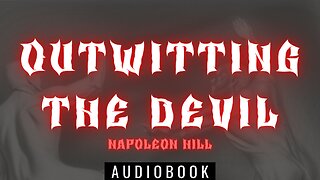 5:21:24
5:21:24
AdultBrain Audiobook Publishing. Bringing Rare and Forgotten Books to Audio for the World
1 year agoOutwitting The Devil by Napoleon Hill - Audiobooks Full Length
1.77K3 -
 LIVE
LIVE
TheSaltyCracker
1 hour agoMedia Silent on Metro Attack ReeEEStream 9-07-25
16,985 watching -
 DVR
DVR
Nerdrotic
3 hours ago $5.23 earnedUnravelling the Secrets of Skinwalker Ranch | Forbidden Frontier #115
35.6K3 -
 LIVE
LIVE
SpartakusLIVE
5 hours agoMega SOLO Spartan Stream - 12 hours?! HA || Variety Later?!
3,575 watching -
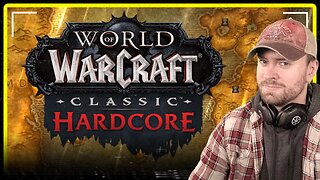 LIVE
LIVE
MattMorseTV
3 hours ago $8.38 earned🔴Sunday Gaming🔴
1,365 watching -
 41:56
41:56
Athlete & Artist Show
3 hours agoAustin Ekeler: Going From "0 Star Recruit" To Leading The NFL In TD's, New Fan App | FROM THE VAULT
2.1K1 -
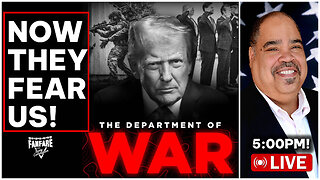 2:46:49
2:46:49
Barry Cunningham
8 hours agoNOW THEY FEAR US! | RFKJR STRIKES BACK | JD VANCE ON PRESIDENT TRUMP | AND MORE NEWS!
43.2K15 -
 LIVE
LIVE
Spartan
3 hours agoCharlotte Qualifier watch party + Ranked and Expedition 33
123 watching -
 6:09:54
6:09:54
bigbossrobinson
6 hours agoLIVE - DOUBLE IMPACT - RESIDENT EVIL 4 & METAL GEAR SOLID Δ: SNAKE EATER
12K -
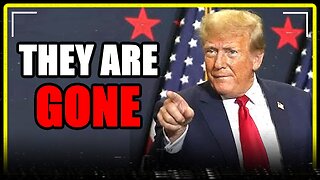 8:18
8:18
MattMorseTV
5 hours ago $5.15 earned2.2 MILLION in ONE YEAR.
26.7K106